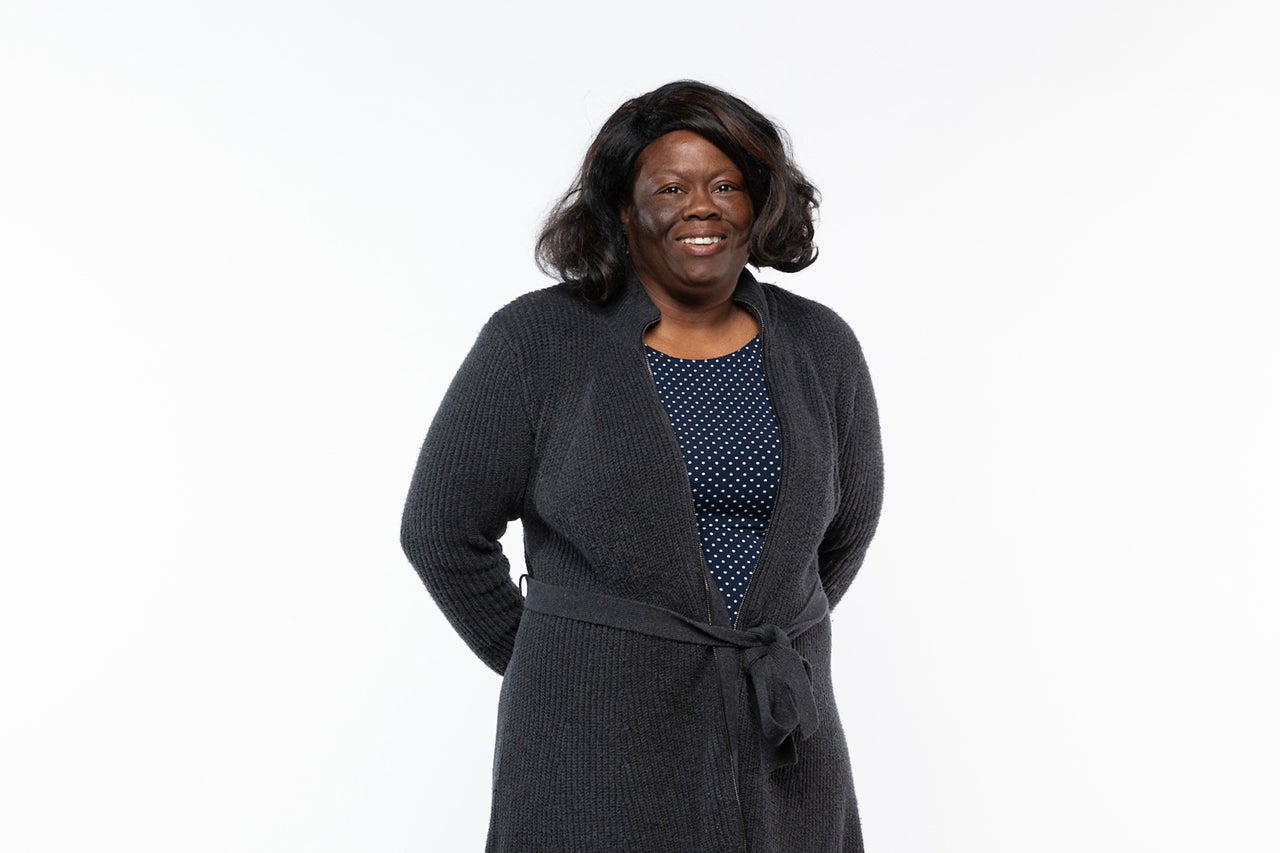Jocelyn Evans, who came to the College in 2005, is one of those professors you’ll never forget – especially if you were one of her students who took advantage of her early-morning study sessions. An award-winning researcher in financial management, Evans is a professor of finance and an associate dean in the School of Business. We caught up with Professor Evans to discuss her interest in the financial world, those 6:00 a.m. study groups and her take on corporate ethics.
Where did you grow up? I grew up around the world because my father was a lieutenant colonel in the U.S. Army. I lived in Columbia, S.C.; Needham, Miss.; St. Petersburg, Fla.; and Nuremberg, Germany. Because I moved every two years until middle school, I’ve always appreciated differences in culture and geography. My relationships with different people around the world enable me to value diversity and globalization.
How did you get interested in the world of finance? When I made an A in a financial management course, the professor strongly encouraged me to be a finance major. I, however, had discovered my gift for financial analysis during the second semester of my senior year – too late. Instead, I completed a business administration and accounting degree with a focus in mathematics. My major allowed me to take several other courses in finance as electives. During my senior year, I applied for the MBA in finance at Washington University (St. Louis, Mo.) so that I could pursue a finance career. After working as a loan officer for an earlier version of Bank of America, I decided to pursue my Ph.D. in finance so that I could teach and do research. I love my career choice!
What are some major takeaways from your research in business ethics? Every employee is not unethical, but profit can lead management to make unethical decisions in search of maximizing a firm’s stock price. As seen in the recent Great Recession, unethical behavior within business has large penalties over the long run – just ask Bernie Madoff.
How does the College’s liberal arts curriculum make our finance degree even more competitive in the marketplace? One reason that financial employees made decisions that harmed the entire financial system is that they could not critically understand how their actions would affect society and multiple stakeholders. In my opinion, this narrow perspective limits students’ ability to make strategic financial decisions that both maximize shareholder wealth and benefits society. In sociology and other humanities courses, students will discuss issues that relate to the need for affordable housing, the relationship between housing and education success and other social justice and fair distribution issues. In my course, for example, we discuss how financial intermediation affects an individual’s opportunity to pursue economic success because if you can’t get a student loan, most students can’t continue going to school.
Tell us about your 6:00 a.m. study sessions. I hold these morning study sessions at least once a week. I have a 1.5-hour session because it is the only time that a room is available for a 40-person study session. Most students who come to these sessions get breakfast in addition to knowledge. I think that students come because they want to increase the probability of not failing my class – and they get free food! My students are very excited about having me as a study partner at 6 a.m. I am impressed that my students want to do well in my class. I would hire them for a job.
How does your teaching style prepare students for the real world? My class is based on the Relationship Management Development program that I completed at NationsBank (now Bank of America). They have to complete a financial analysis of a publicly traded firm in a manner similar to loan officers. In fact, when my students completed internships at finance companies, their managers were surprised by how much they knew about regulation and financial analysis. Many of my students are succeeding in the business world.
You have been a visiting researcher at the Federal Reserve Bank. What kind of work did you do there? As a visiting professor at the Federal Reserve Bank of Atlanta, I completed research on banks and other financial institutions with policy implications. For example, one of my first research papers shows that bank CEOs with golden parachutes used to go into conservatorship faster than those who did not have executive severance packages because taxpayers or acquirers essentially paid the manager to leave. Shortly afterward, the law changed so that failed bank CEOs could not be paid severance compensation. It appears that regulators were evaluating this issue at the same time as my co-authors and I were.
What is your favorite spot on campus? The Beatty Center, where I have my office. I love talking to my students and finding out about their lives.
If you could take another class here at the College, what would it be? I would take a yoga class to learn relaxation skills.
What do you like to do for fun? I like to dance and to read autobiographies and history, such as Hillary Clinton’s It Takes a Village (which is applicable to microfinance) and Walter Isaacson’s Steve Jobs (don’t neglect your family!).
What is the favorite object in your office? My bowl of candy and granola bars! Everyone comes to say hello when they grab a treat (snickers, chocolates and extreme sour balls!).
What is your favorite business/high finance movie? The Big Short. It showed that hidden poor performance will be eventually revealed by short sellers.




